Colic Research: Colonic Microchip Trackers in Horses
May 26, 2023 Comments Off on Colic Research: Colonic Microchip Trackers in Horses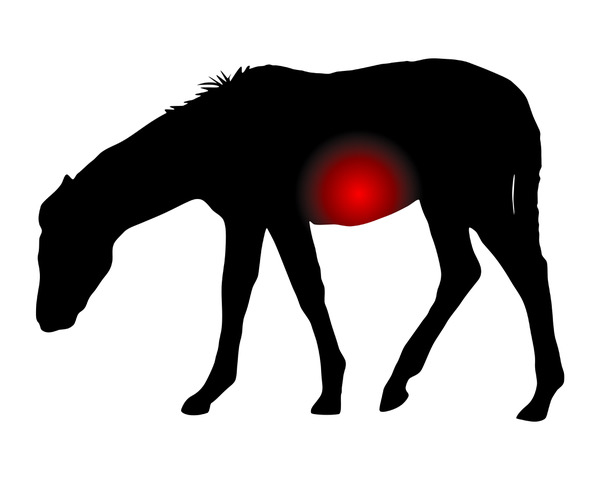
Kentucky Equine Research By surgically implanting microchips in the large colon of a horse, researchers gathered information about the secret life of this organ, including its role in colic, leading them to contemplate studies aimed at colic prevention.* Currently, mechanisms and risk factors contributing to colic, such as large intestinal displacements, impactions, torsions, and entrapments, […]
Continue reading …Horse Show End-of-Day Care Routines
May 25, 2023 Comments Off on Horse Show End-of-Day Care Routines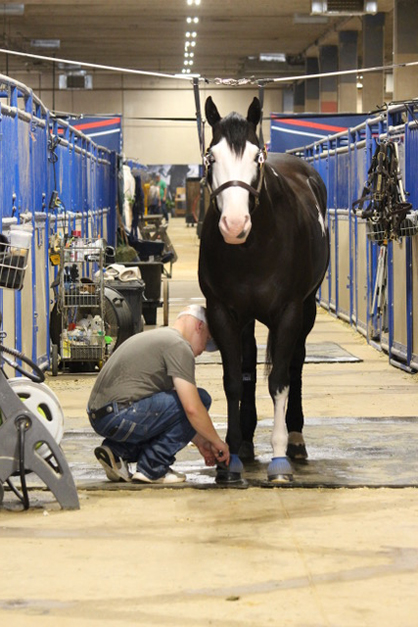
EC Question of the Week: We recently asked our readers to tell us what their after-care routines are at the end of a show day – especially at longer circuits. As always, we can depend on our readers for an abundance of knowledge and ideas! Read on to see what they do: Ellexxah Maxwell […]
Continue reading …Manure Eating in Horses: Multiple Explanations Exist
May 22, 2023 Comments Off on Manure Eating in Horses: Multiple Explanations Exist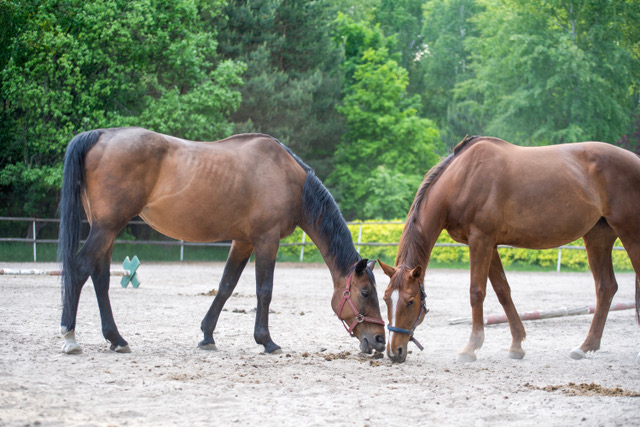
By Kentucky Equine Research Inquisitive by nature, horses often end up eating more than the forage and feed their caretakers provide for them. Horses regularly consume tree bark, leaves, soil and, perhaps most disturbing, manure. What would make a horse do this? Coprophagy, the fifty-cent word for manure eating, is normal, especially common in young […]
Continue reading …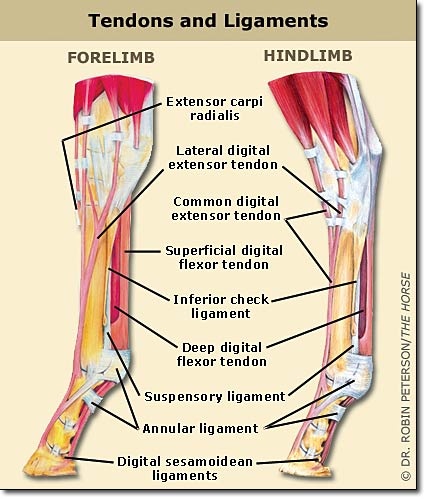
Fox Run Equine Center By Brian S. Burks, DVM, Diplomate, ABVP, Board Certified in Equine Practice Tendons and ligaments hold bones in place and help to create propulsion. Tendon and ligament injuries are common in horses performing in vigorous athletic activities. Many tendon and ligament injuries can be avoided through proper conditioning and by […]
Continue reading …Healthy Eating and Snacking at Horse Shows
May 2, 2023 Comments Off on Healthy Eating and Snacking at Horse Shows
Last week, we asked our readers: What do you suggest to exhibitors who want to try to eat healthier at a horse show? Though eating “healthy” can mean different approaches for different people, our readers provided a wealth of information! For the most part, planning ahead is key. We have listed the suggestions they have […]
Continue reading …Spring Bulk: Adding Weight to Horses After Winter
April 21, 2023 Comments Off on Spring Bulk: Adding Weight to Horses After Winter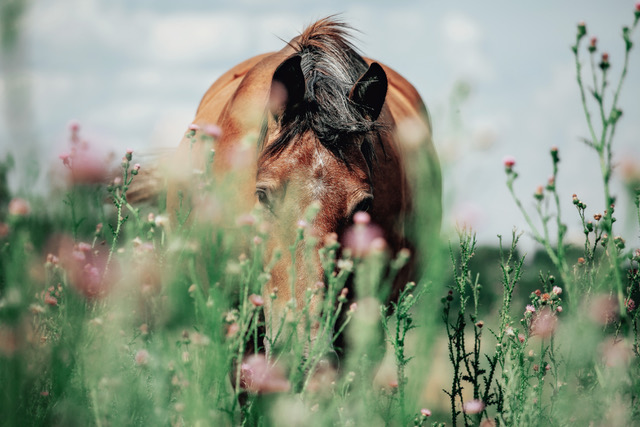
By Kathleen Crandell, Ph.D., Kentucky Equine Research Weight gain can be achieved in horses through accumulation of muscle, fat, or both. The weight gain that covers surface skeletal points, fills out the neck, and gives an overall smooth appearance constitutes an increase in fat tissue. This type of fat cover is considered “body condition,” even […]
Continue reading …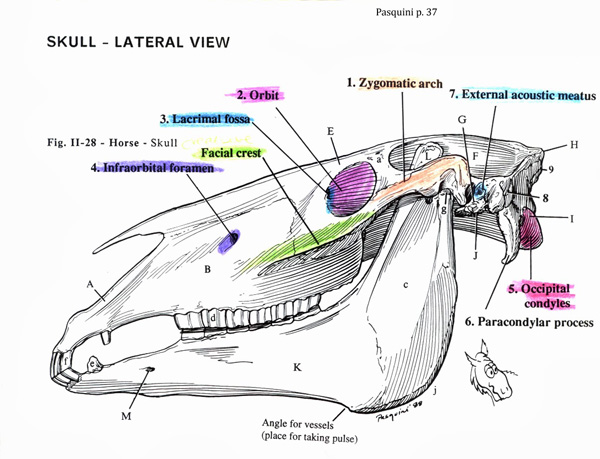
Fox Run Equine Center By Brian S. Burks, DVM, Diplomate, ABVP, Board Certified Equine Specialist You would not have your oral cavity and teeth examined by an unlicensed individual, nor would you take your dog and cat to anyone but a veterinarian. Rather, you would seek out someone who received undergraduate education, followed by professional […]
Continue reading …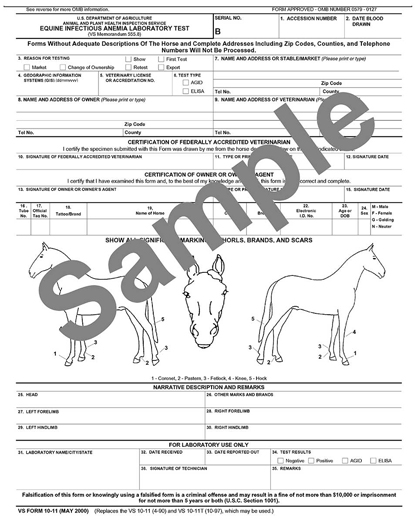
AAEP This time of the year sees a lot of traveling horses, either for pleasure or for business/competition. Most horse owners know that a negative Coggins test is a document required to be able to transport their animals across state lines and enter them in a competitive event (or even board at someone’s barn); if, […]
Continue reading …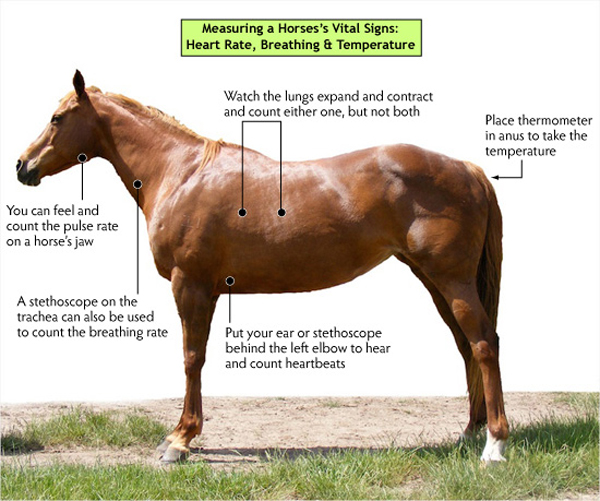
By Brian S. Burks, DVM, Diplomate, ABVP, Board Certified Equine Specialist Fox Run Equine Center Every horse owner should know how to take vital signs. This can help the veterinarian determine the severity your horse’s condition. Noticing that your horse is not feeling its best- off feed, depressed, has colic, etc.- is the […]
Continue reading …Watch the Webinar: Healthy Spring Grazing
March 30, 2023 Comments Off on Watch the Webinar: Healthy Spring Grazing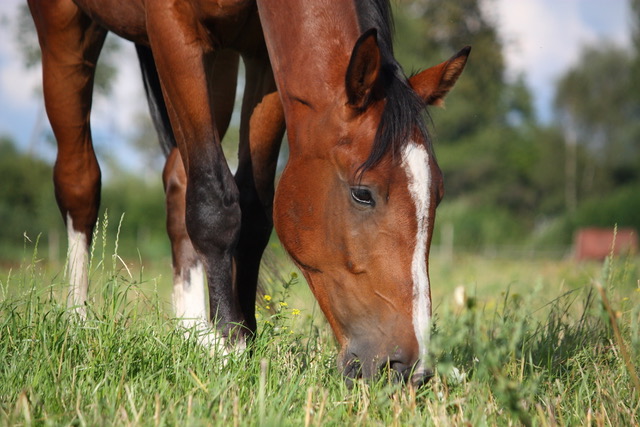
Kentucky Equine Research Do you want to know more about the effects of spring grass on your horse’s gastrointestinal tract? Watch this webinar! Titled “Healthy Spring Grazing,” the webinar is led by Katie Young, Ph.D., an equine nutritionist with a wide range of experience in the field of nutrition, including time spent in academia, industry, […]
Continue reading …







